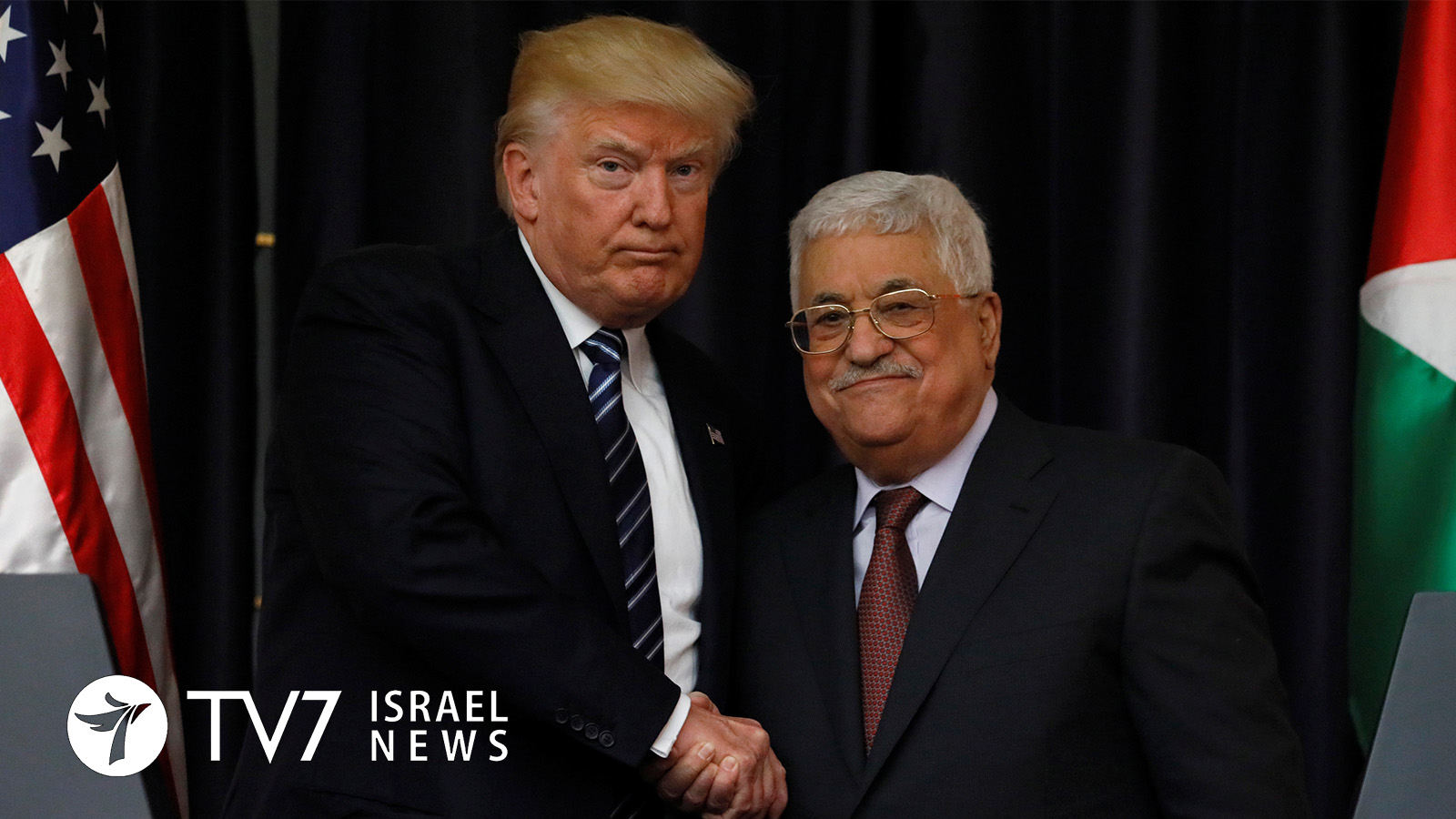US President Donald Trump held a meeting yesterday evening with his Palestinian counterpart, Mahmoud Abbas, during which he declared that all the parties involved, including the United States, Israel, the Palestinians and Saudi Arabia – among other regional partners – have been working very hard to advance a political solution to the decade old conflict between Israel and the Palestinians. As part of the joint effort, President Trump declared that a viable solution to the Israeli-Palestinian conflict could become a reality, which may well lead to an Israeli-Arab regional solution. President Trump said, “We’re looking seriously at peace, and maybe ultimately, peace in the whole of the Middle East. And I think we have a pretty good shot, maybe the best shot ever, and that’s what we’re looking to do. I just want to thank you for all of the time, all of the meetings, all of the work. It’s a complex subject, always been considered the toughest deal of all: peace between Israel and the Palestinians, the toughest of all. But I think we have a very, very good chance, and I certainly will devote everything within, within my heart and within my soul to get that deal made. Our team is expert; your team is expert. Israel is working very hard toward the same goal. And I must tell you – Saudi Arabia and many of the different nations are working also hard. So, we’ll see if we can put it together. Who knows? Stranger things have happened, but I think we have a good chance,” Trump declared.
The Palestinian leader thanked President Trump for his efforts in rekindling the long-stalled process for peace, stressing that the meeting with his American counterpart attested to his seriousness in attempting to realize a historic agreement within the next couple of years. Abbas declared, “If this is any proof to anything, it attests to the seriousness of his excellency that he will achieve the deal of the century in the Middle East during this year or in the coming days, God willing,” he said.
Following his meeting with President Trump, the Palestinian leader addressed last night the United Nations General Assembly, during which he declared that the Palestinians cannot stand idly by as the future of their aspired Palestinian state is put in jeopardy, while declaring that all actions the Palestinians are expected to take to assure their future aspirations will be non-violent. He said, “The two-state solution is today in jeopardy. We cannot as Palestinians stand still in the face of this ongoing threat that is targeting our national, political and social existence on our land, and endangering regional and international peace and security. We will have to take steps or look for alternatives to preserve our national existence and to keep open the horizons for peace and security. However, all the alternatives we are looking into will be non-violent alternatives, non-violent, non-violent.”
With regard to an agreement reached by the Islamist Hamas organization in the Egyptian capital Cairo, to dismantle a shadow government in the Gaza Strip, President Mahmoud Abbas declared the reinstatement of his Western-backed national unity government in the Palestinian enclave, which Abbas stressed ‘will set a foundation for renewed attempts at Palestinian reconciliation.’ Abbas stressed, “I express my relief at the agreement reached in Cairo as a result of Egyptian efforts that we are thankful for, nullifying the measures undertaken by Hamas following the division, including the formation of a government; this government that cemented the rift has now been canceled, enabling the national consensus government, which we formed with them (Hamas) in 2014, to fully carry out its mandate in the Gaza Strip, and allowing for general elections to be held. This agreement has been reached and we express our relief because of it, and next week, at the end of next week, our government will go (to Gaza) to carry out its work and we wish them success,” the Palestinian President declared.
Following Egyptian-mediated reconciliation talks with Abbas’s Western-backed Fatah faction, the Islamist Hamas announced earlier this week that it would dissolve its Gaza “administrative committee”, a government shadowing that of the Western-backed Palestinian Authority, to enable the President’s administration to retake control. The announcement promised relief for Gazans who, under a decade of Hamas rule, have endured poverty, three wars with Israel and Cairo’s cold shoulder. Yet, implementation may hinge on power-sharing negotiations that hindered previous attempts for unity. Mending fences with Abbas would be another step in Hamas’ diplomatic push to improve relations with its neighbor Egypt, which has kept its frontier with Gaza largely closed and accused the Islamist group in the past of aiding Islamist militants in Egypt’s Sinai desert, an allegation Hamas vehemently denies.
